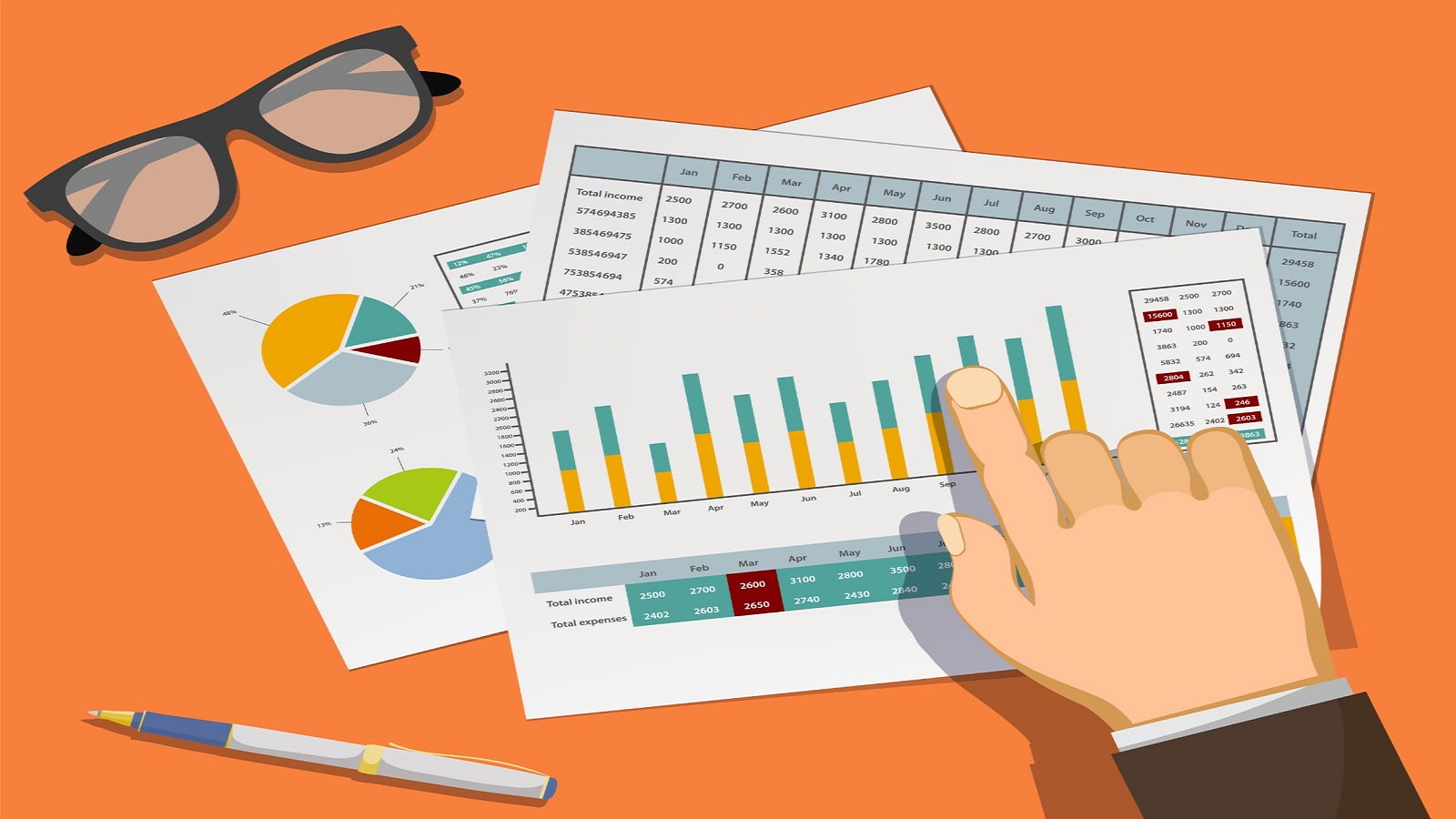ETFs, or exchange-traded funds, are
collections of investment assets. ETFs track the underlying index so they will include the same stocks as their
benchmark index in the same proportion. The benchmark index is a standard index against which the performance of
the scheme is measured. For example, a Nifty 50 index contains the stocks of the top 50 companies in India based
on market capitalization.
Over the past few years, ETFs have grown
in popularity and as a choice of investment. You too should consider investing in ETFs as a part of your
investment decisions.
Some of the factors you should consider
before investing are: -
1. Get to know your
investment goal and time horizon
Before investing in ETFs, knowing your
investment goal and horizon is important. Also, it is essential to assess your risk appetite for it. Knowing
this can help you invest in the right ETF that aligns with your goals. There are many ways in which you can
assess your risk profile. One of the things you can do is assess your investment horizon, whether it is
short-term or long-term. If you are looking for long-term investment, you could look for equity-related
instruments and if your aim is short-term investments then you could explore Liquid ETFs which are high in
liquidity.
2. Understanding the Types of
ETFs that are available
Once you know your investment goals and
risk appetite, you can choose the type of ETF for investment. There are three main types of ETFs you can invest
in.
- Equity ETF
Just as its name, equity ETFs
track the underlying broad market indices, such as S&P BSE Sensex and NSE Nifty 50.
- Commodity
ETF
Commodity ETFs invest in
tangible assets like silver and gold. Now, when you redeem such ETFs, you receive their cash equivalent
instead of the physical commodity.
- Liquid ETF
Invest in short-term maturity
instruments such as Tri-Party Repos (TREPS*), and other money market instruments like certificates of deposits,
commercial papers, treasury bills, etc.
3. Knowing the Benchmark
index
Since ETFs aim to mirror the stock
profile of a benchmark index in precisely the same proportion, this makes it one of the transparent investment
products easily accessible by all investors. For instance, a Nifty 50 Value 20 ETF will offer the same 20 stocks
as its corresponding NSE index. Hence, one can identify the stocks in the ETF profile by looking at the stocks
that are part of the benchmark index.
It also helps the investors zero down on
a particular ETF for investment that aligns with their goals.
4. Expense ratio of the ETF
scheme
An ETF’s expense ratio or Total expense
ratio (TER) can be defined as the annual charges of the fund, including operating expenses, management charges,
administrative charges, and more. One of the key defining features of an ETF is its lower expense ratio, as
these are passively managed funds. A passively managed fund follows a passive investment strategy. It tracks a
market index to decide where to invest in against an actively managed fund that involves a fund manager who
decides where to invest in. This brings out several advantages to the investors in the form of diversifying
their portfolio at lesser costs. So, you can assess which fund has a lower expense ratio while investing in
ETFs.
5. Tracking
error
Tracking error represents the difference
in performance between the fund and its benchmark. A lower tracking error indicates that the ETF closely follows
the movements of its benchmark, while a higher tracking error suggests a greater deviation in performance.
Investors typically prefer ETFs with low tracking error, as it indicates a more accurate replication of the
benchmark's performance. However, it's important to note that some level of tracking error is inevitable due to
various factors. Investors should refer to SID for tracking error related risk factors.
6. ETFs
composition
This means the stocks/asset that the ETF
is comprised of which will be the same as its underlying index. Hence any change in the benchmark index will
also bring a change in the composition of the ETF that is tracking that particular benchmark.
7. Market
Volatility also plays a role
Investors mostly prefer ETFs because it
offers portfolio diversification and hedges the risk to some extent. However, there are still certain risks
associated with ETFs. These risks are primarily dependent on the ETFs composition and focus. Equity ETFs tend to
be more volatile than debt ETFs since they are relatively riskier instruments.
8. Sector
exposure
Sector ETFs focus on exposing investors
to specific stocks of a particular sector or industry, such as pharmaceuticals, oil, and more. For example, ETFs
that track the Nifty Auto or Nifty FMCG indices are sectoral ETFs. These ETFs tend to be riskier than the market
indices since there is a sector concentration. However, investors looking for a long-term investment could
explore sector ETFs as an investment option. One can also read through the Scheme Information Document (SID) for
detailed information about these schemes.
Summary
ETFs combine a diverse portfolio's
flexibility with the ease of trading just like stocks. Whether you are a beginner or an experienced investor,
assessing the factors mentioned earlier before investing in ETFs can help you make an informed decision so that
your investment attune to your investment goals.
Disclaimer
An investor education initiative.
Visit www.icicipruamc.com/note to know more about the process to
complete a one-time Know Your Customer (KYC)
requirement to invest in Mutual Funds. Investors should only deal with registered Mutual Funds, details of which
can be verified on the SEBI website http://www.sebi.gov.in/intermediaries.html For any queries, complaints &
grievance redressal, investors may reach out to the AMCs and/or Investor Relations Officers. Additionally,
investors
may also lodge complaints on https://scores.gov.in if they are unsatisfied with the resolutions given by AMCs.
SCORES portal facilitates you to lodge your complaint online with SEBI and subsequently view its status.
Mutual Fund investments are subject to market risks,
read all scheme related documents carefully.
![]()
![]()
![]()
![]()






















